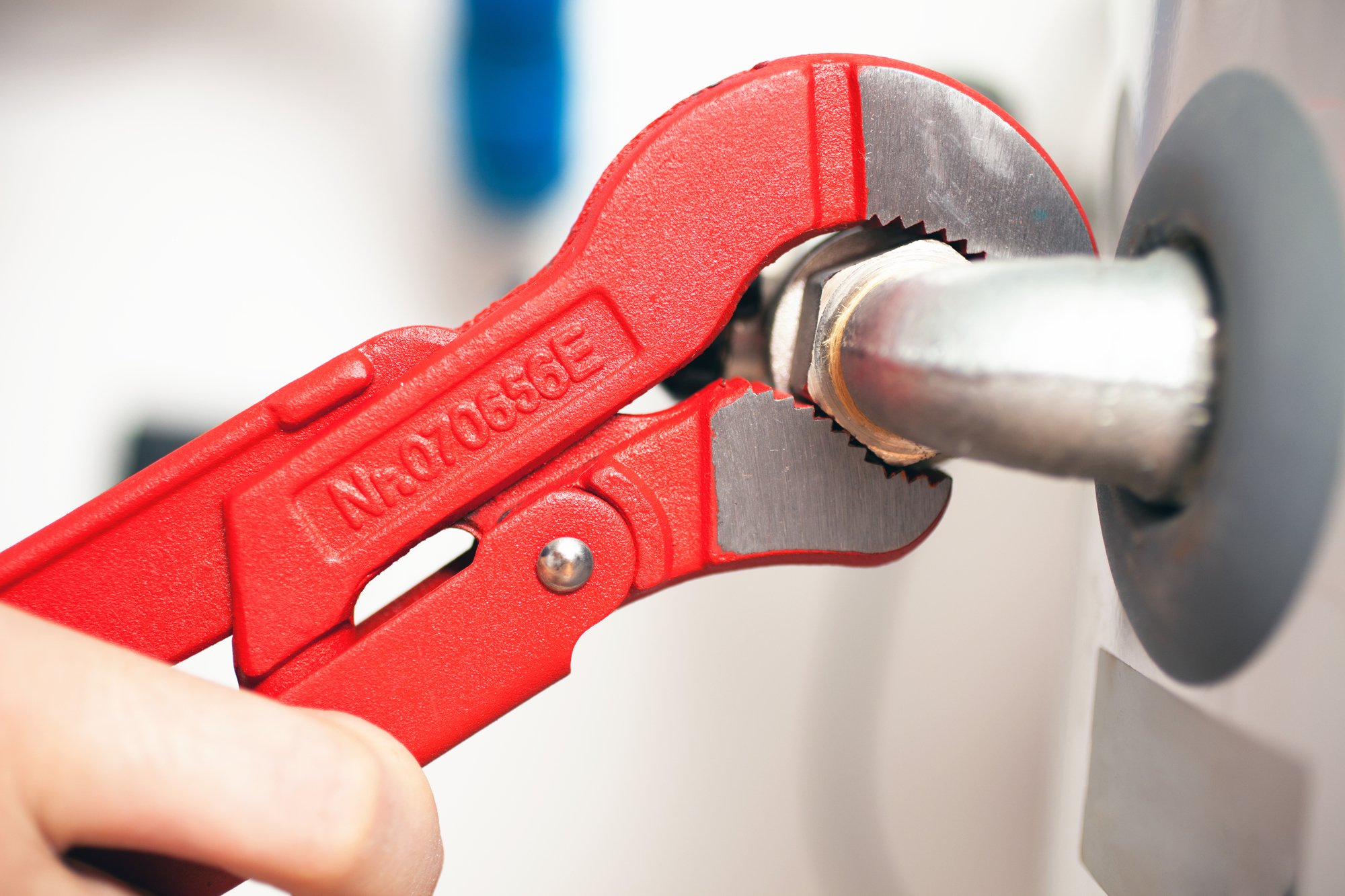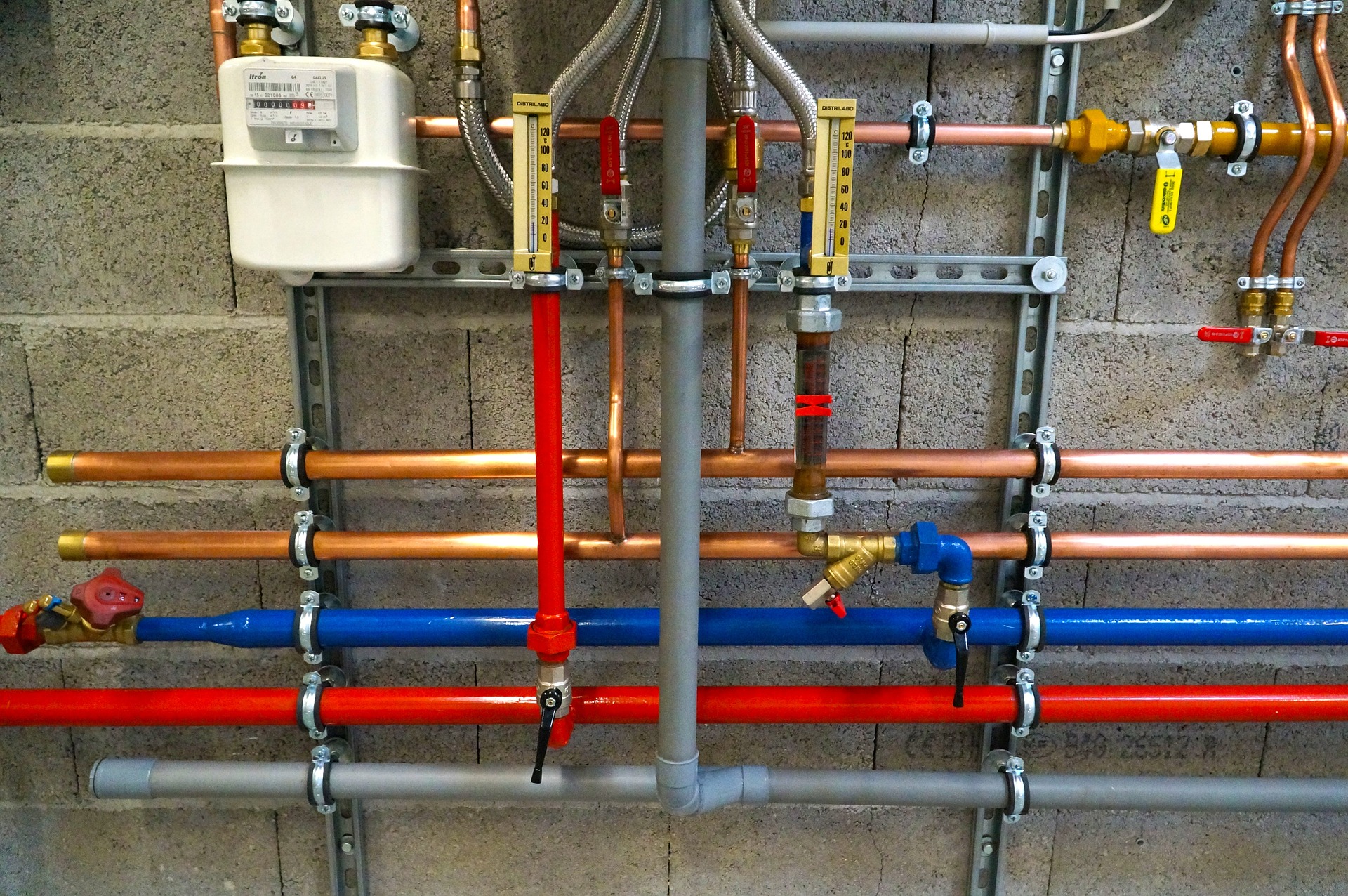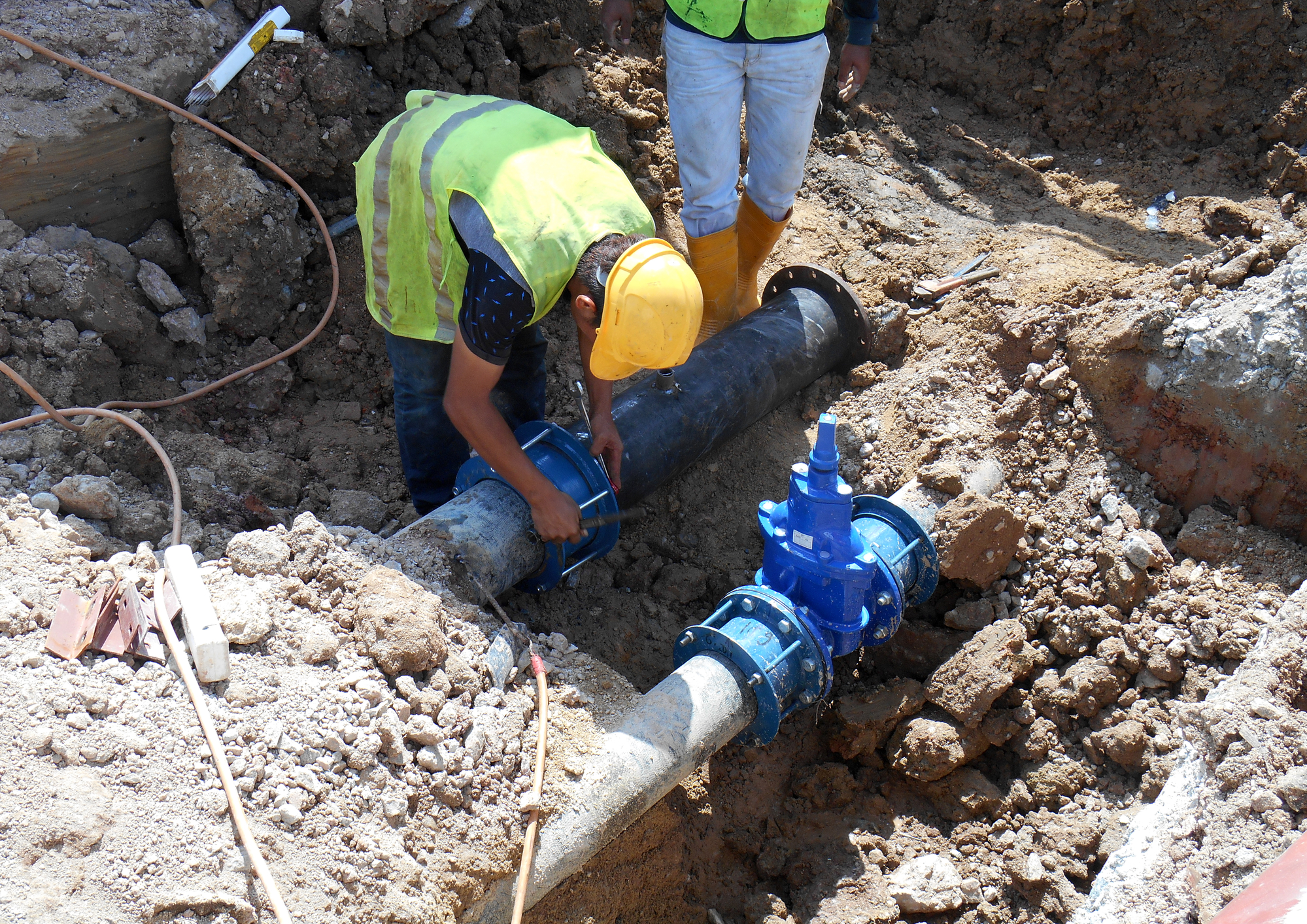As a plumbing service company, we believe in being environmentally conscious and doing our part in protecting the planet. That’s why we are thrilled to hear that renewable electricity has reached a record 30% share, according to a recent report. This is definitely good news because it means more people are taking efforts towards clean energy, but what does this mean for plumbing?
As we all know, water heaters are responsible for most of the energy consumption in most households. However, with the adoption of renewable electricity, it is possible to reduce carbon emissions and shift towards a sustainable future. Here are some ways renewable electricity can be of benefit in the plumbing industry.
1. Solar Water Heating Systems
Solar water heating systems effectively capture heat from the sun and transfer it to the water that flows through the plumbing system. It is especially useful during sunny days and can reduce electricity consumption. Solar water heating systems come in two types: active and passive.

Active solar water heating systems involve the installation of a pump that circulates water through the system. On the other hand, passive solar water heating systems use gravity to move water through the system. They are less expensive compared to active systems, but they are less efficient.
2. Rainwater Harvesting Systems
Rainwater harvesting systems capture rainwater from rooftops and store them in a storage tank. The water can then be used for non-potable purposes such as watering plants, flushing toilets, and washing clothes. It is a sustainable way of reducing water consumption in households.
To implement rainwater harvesting systems, you need to have a storage tank, gutters, downspouts, and a filtration system to keep the water clean. A pump may also be necessary depending on the location of the storage tank.
3. Low-Flow Fixtures
Low-flow fixtures such as showerheads, faucets, and toilets are designed to reduce water consumption. They work by restricting the flow of water, and in this way, you end up using less water. A low-flow fixture does not compromise on water pressure or functionality.

Switching to low-flow fixtures can considerably reduce water consumption and, in turn, reduce the amount of energy required to heat the water. It is a simple yet effective step towards a sustainable future.
4. Geothermal Heat Pumps
Geothermal heat pumps use the earth’s temperature to heat or cool a building. Unlike traditional heating systems, they do not rely on non-renewable energy sources such as gas or oil.
Geothermal heat pumps work by transferring heat from the earth’s surface to the heat pump. The heat exchange process is facilitated by a series of pipes that are buried deep underground. In the summer, the process is reversed, and heat is transferred from the building to the earth.
Geothermal heat pumps require professional installation, and the cost can be high. However, they are more energy-efficient compared to traditional heating systems and eventually pay for themselves in energy savings.
5. Greywater Recycling Systems
Greywater recycling systems collect used water from showers, sinks, and other non-potable sources and filter them to be reused. The treated water can be used for flushing toilets, watering plants, or even washing clothes.
Greywater recycling systems are relatively easy to install and can significantly reduce water consumption. However, it is essential to note that greywater can be contaminated with harmful chemicals, and therefore, treatment is necessary before reuse.
In conclusion, renewable energy adoption has numerous benefits in the plumbing industry, the most significant being energy conservation. It is our responsibility to protect the planet, and we can all play our part. If you need any plumbing services, do not hesitate to contact us at Ace Plumbing Repair via phone number (844) 711-1590 or visit our website at aceplumbingrepair.com.






